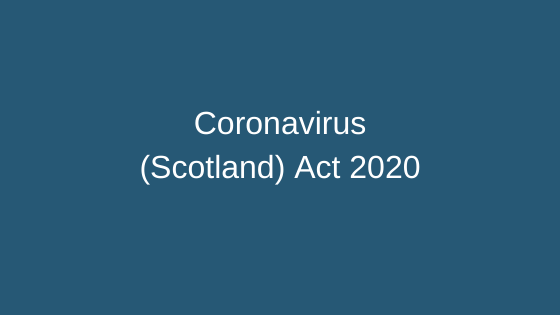
GP Practice Disputes – What Lessons Can Be Learned?
Date: 09/07/2024 | Dispute Resolution, Healthcare
The summer holidays can be tricky, managing holiday schedules and school holidays. However, the relative “down time” can be a good time to take stock and evaluate the previous months. We find many GP Practices use this time to plan ahead for the autumn and winter, and the challenges those seasons bring.
At the beginning of the year we considered GP Practices in crisis and some of the options available to them. This article considers what lessons can be learned from disputes among partners.
Communication
If you have had a partner leave the practice, particularly under tense circumstances, you might be concerned about how to communicate their departure to the staff and patients of the practice. If the partners have entered into a settlement or retirement agreement, it will likely contain agreement on the wording to be used in any communication (as the departing partner is likely to be sensitive about how they are perceived). If the partners are not legally bound to make an agreed statement, in most cases it will be best to issue a brief communication to staff and patients that avoids any details that could breach confidentiality or cause any reputational damage.
Meetings / Record Keeping
If you have been through a dispute, whether or not in a formal setting (such as court or arbitration), it is likely that you will have had cause to comb through emails, meeting minutes and telephone records to ascertain what was said (or not said). Going through this process, you may have highlighted some areas where the practice’s processes and record keeping could be improved. It might then be a good idea to review how meetings are minuted, how minutes are circulated / approved, and whether emails are retained in a way that is both effective and confidential. In some cases, it can be useful to record meetings although there are a number of considerations to be aware of: the consent of all parties will be required; there must be a specific purpose for recording the meeting; participants will need to be particularly aware of saying anything that they would not be comfortable putting in writing; and the full content of any recordings may be relied upon in any litigation.
Partnership Agreements
We mention these often (see here, here and here) but it bears repeating: your practice will be better protected if it has a written partnership agreement. If a practice doesn’t have a written agreement, it will be subject to the Partnership Act 1890, a piece of legislation that is largely unsuitable for modern businesses. More concerning, there will simply be no record of how the partners have agreed the partnership should be managed.
It is useful to put in place a partnership agreement when the parties are all getting on. Trying to do this when relations are strained is problematic at best. We send our practices a checklist which sets out detailed questions on the matters we expect to include in their partnership agreements. Most practices find it useful to sit down together as a group (often with their practice manager) to go through the questions in detail, in order to discuss how they deal with these matters – or how they would want matters to play out. Often the checklist raises things that the partners will never have had to consider. Some examples are:
- How long can a partner be off on long term sick leave?
- Can I suspend a partner whose behaviour is under review?
- How much maternity leave should a partner take?
- Can we force partners to retire at age 65?
- Does a new partner have to “buy in” to the practice?
- How quickly will I be paid out when I resign/retire?
We often find that practices choose to address specific concerns in their partnership agreements – for example, if they have had issues with partners’ conduct in the past, they will want to ensure that the partnership agreement protects them should similar issues arise in the future.
Knowledge Is Power
You should always try to understand the extent of your liabilities. This extends to both practice/ business liabilities and any liabilities you might have under the lease of your premises, or bank or sustainability loan funding. We are often approached by practices and individual GPs who are either considering handing back their contract to the Health Board, or resigning from the practice. Before taking any of these steps, it is essential that you understand what your legal and financial position will be. Depending on the arrangements in place, and your own personal circumstances, your liabilities could be different to those of your partners.
Recruitment
If a partner has left the practice following a dispute, you are likely to have a need to recruit another doctor. We know how much of a drain on resources a dispute can be, not to mention the emotional toll it takes on partners. It will be tempting to hire someone quickly. We always advise our practices to exercise caution at this stage. If you are offering partnership, ensure that there is a mutual appraisal period (6 months is common) so that either party can bring the relationship to an end for no fault. This allows you to ask the new doctor to leave if there is a clash of personalities. The appraisal period should be set out in your partnership agreement as well as any offer of partnership (whether verbal or written).
Conclusion
At Davidson Chalmers Stewart we are adept in advising GP Practices and individual partners on all of these issues. For more advice, please contact me, Lisa Kitson, at lisa.kitson@dcslegal.com (0131 290 2812) or speak to another member of our specialist healthcare team.
Disclaimer
The matter in this publication is based on our current understanding of the law. The information provides only an overview of the law in force at the date hereof and has been produced for general information purposes only. Professional advice should always be sought before taking any action in reliance of the information. Accordingly, Davidson Chalmers Stewart LLP does not take any responsibility for losses incurred by any person through acting or failing to act on the basis of anything contained in this publication.















































































